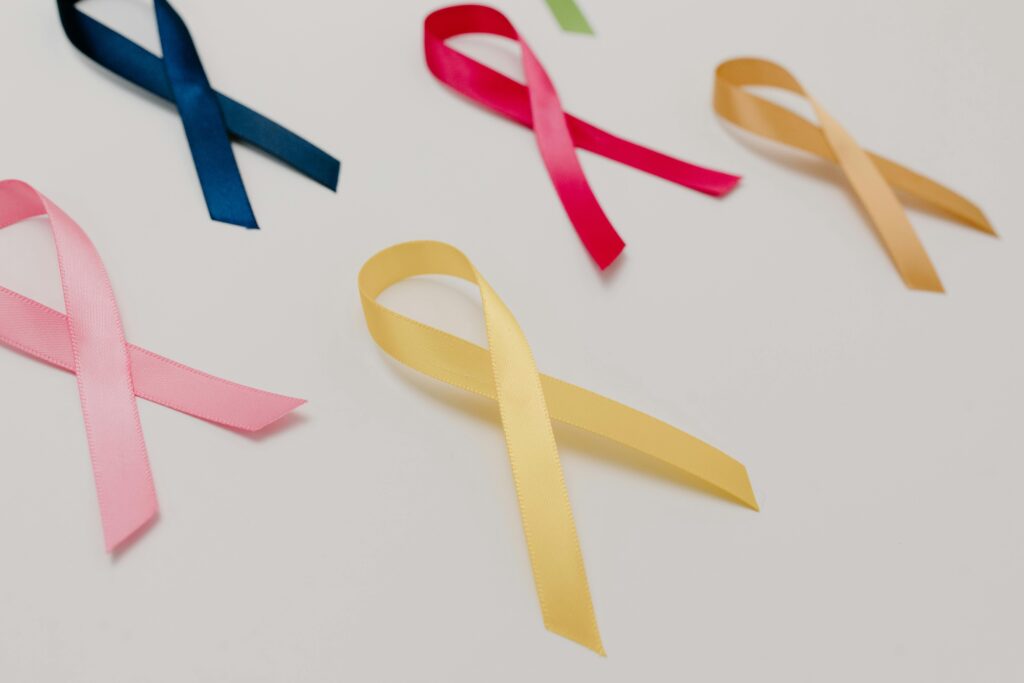If you’ve recently been diagnosed with cancer, you’re likely overwhelmed with nutrition advice from all directions. As someone who was diagnosed six years ago and followed a strict dietary protocol during treatment, I can assure you that nutrition plays a critical role in supporting your body. However, it’s essential to focus on what truly matters and avoid unnecessary restrictions or trends.
1. Protein is Key for Cell Repair
One of the most common misconceptions is that you need to go vegan or vegetarian during cancer treatment. In reality, protein is vital for cell repair and rebuilding, especially when your body is under stress from treatments like chemotherapy or radiation.
- Focus on high-quality protein sources: Include lean meats, fish, eggs, dairy, and plant-based options like beans, lentils, and tofu.
- Avoid processed meats: These are linked to increased cancer risk and offer little nutritional value.
Why it matters: Protein helps maintain muscle mass, supports immune function, and aids in recovery. According to the American Cancer Society, cancer patients often need more protein than usual to help repair tissues and fight infections.
2. Smart Snacking for Sustained Energy
During cancer treatment, your body may need more frequent, smaller meals to maintain energy levels. Smart snacking can help you stay nourished and combat fatigue.
- Choose nutrient-dense snacks: Greek yogurt with berries, hummus with veggie sticks, or a handful of nuts and seeds.
- Avoid empty calories: Skip sugary snacks and opt for whole, minimally processed foods.
Why it matters: Smart snacking stabilizes blood sugar levels, prevents energy crashes, and ensures your body gets the nutrients it needs throughout the day.
3. Supplements Are Not a Substitute for Food
While supplements can help address specific deficiencies, they should never replace whole foods.
- Only take supplements if recommended by your doctor: Over-supplementing can interfere with treatments or cause imbalances.
- Focus on nutrient-dense meals and snacks: Whole foods provide a complex mix of vitamins, minerals, and antioxidants that work synergistically to support your body.
Why it matters: Whole foods contain fiber, phytonutrients, and other compounds that supplements can’t replicate. For example, cruciferous vegetables (like broccoli and kale) contain sulforaphane, a compound with anti-cancer properties.
4. Hydration Supports Detoxification
Staying hydrated is crucial during cancer treatment. Water helps flush out toxins, supports kidney function, and maintains energy levels.
- Try water with a pinch of lemon: Lemon adds a refreshing flavor and provides a small boost of vitamin C, which supports your immune system.
- Aim for 8-10 glasses of water daily: Adjust based on your activity level and treatment side effects.
Why it matters: Proper hydration improves circulation, aids digestion, and helps your body’s natural detoxification processes.
5. Move Your Body and Prioritize Restful Sleep
Physical activity and restful sleep are both essential for your wellbeing during cancer treatment.
- Start with gentle exercises: Walking, yoga, or stretching can improve circulation, bowel health, and energy levels.
- Prioritize sleep: Aim for 7-9 hours of restful sleep each night. Create a calming bedtime routine, avoid screens before bed, and keep your sleep environment cool and dark.
Why it matters: Exercise reduces fatigue, improves mood, and may even enhance treatment outcomes. Meanwhile, restful sleep supports immune function, cellular repair, and emotional resilience.
6. Eat Fruits and Vegetables You Enjoy
Fruits and vegetables are packed with antioxidants, vitamins, and minerals that support your immune system and protect your cells.
- Choose a variety of colors: Each color represents different nutrients (e.g., orange for beta-carotene, purple for anthocyanins).
- Focus on what you enjoy: Eating should be a pleasurable experience, especially during treatment.
Why it matters: Antioxidants in fruits and veggies help neutralize free radicals, which can damage cells and contribute to cancer progression.
7. Limit Sugar Intake
While sugar doesn’t directly “feed” cancer cells, excessive sugar consumption can lead to inflammation, weight gain, and insulin resistance—all of which can negatively impact your health.
- Avoid added sugars: Limit sweets, sugary drinks, and processed foods.
- Opt for natural sugars: Enjoy fruits, which provide fiber and nutrients along with natural sugars.
Why it matters: High sugar intake can weaken the immune system and promote inflammation, creating an environment that may support cancer growth.
8. Holistic Health: Mind, Body, and Soul
Being healthy isn’t just about what you eat or how much you exercise. It’s about nurturing your mind and soul as well.
- Practice mindfulness: Meditation, journaling, or deep breathing can reduce stress and improve emotional well-being.
- Prioritize self-care: Take time for activities that bring you joy, whether it’s reading, gardening, or spending time with loved ones.
- Connect with others: Social support is a powerful tool for mental health.
Why it matters: Stress and emotional distress can weaken your immune system and hinder recovery. A holistic approach ensures you’re addressing all aspects of your health, including your emotional and spiritual wellbeing.
Navigating nutrition during cancer treatment can feel overwhelming, but focusing on these key principles can make a significant difference: prioritize protein, practice smart snacking, stay hydrated, move your body, prioritize restful sleep, enjoy fruits and vegetables, limit sugar, and take care of your mental and emotional health through mindfulness and self-care.
A very important step in recovery is to seek support, whether from family, friends, or support groups. This was a primordial part of my first steps, and it made all the difference in my journey. You don’t have to face this alone; reaching out for help is a sign of strength, not weakness.
Remember, always consult your healthcare team before making any changes to your diet or lifestyle. Your journey is unique, and personalized guidance is essential.
If you’re looking for more tips, especially on managing breast cancer treatment side effects, I invite you to visit my blog. I’ve shared my personal experiences and practical advice to help you feel less alone and more empowered during this challenging time. You’re not alone in this journey, and together, we can find ways to make it a little easier.
Best Tips for Managing Breast Cancer Treatment Side Effects
With love Ana
Before making any changes to your diet or lifestyle, always consult your healthcare provider or a registered dietitian. Every individual’s needs are unique, especially during cancer treatment, and professional guidance is crucial.

